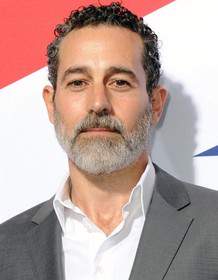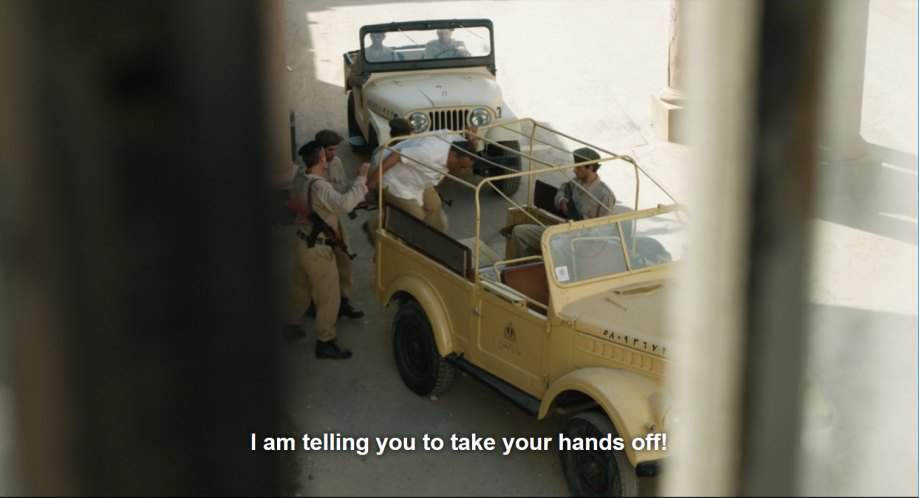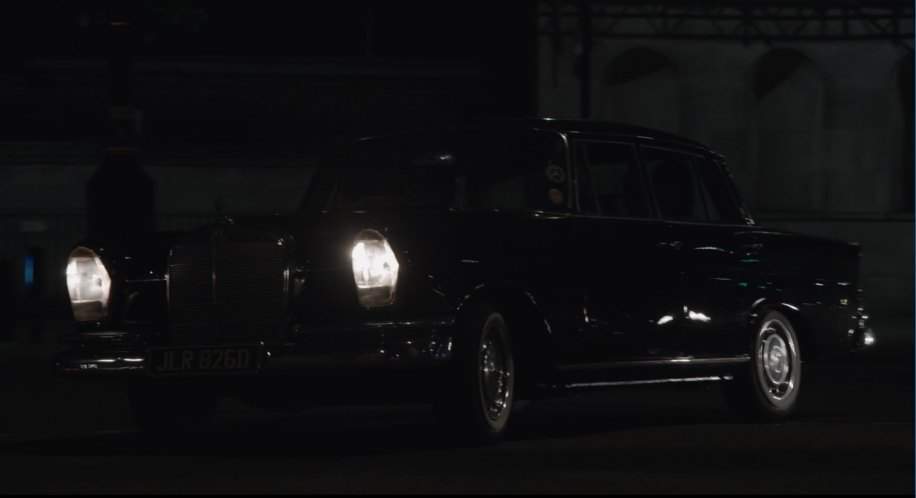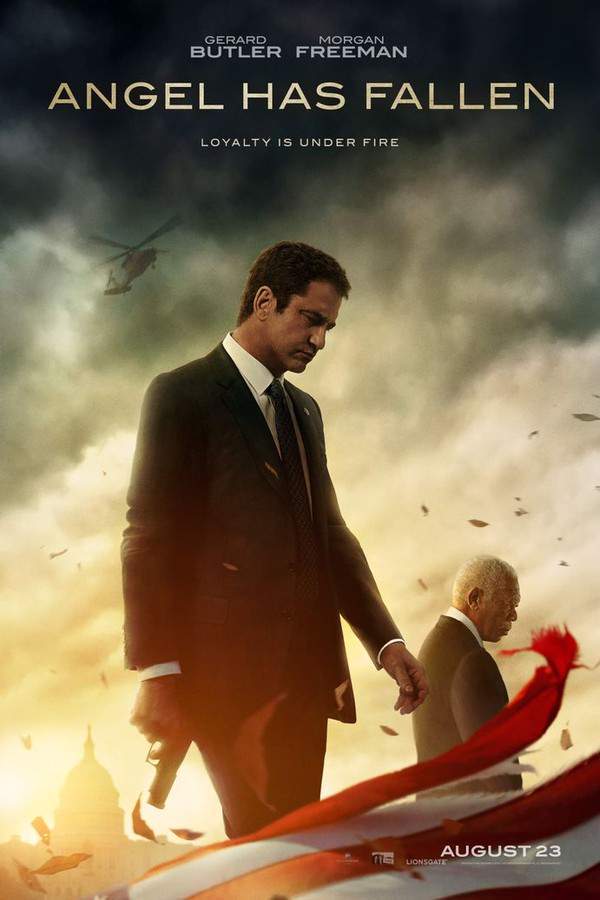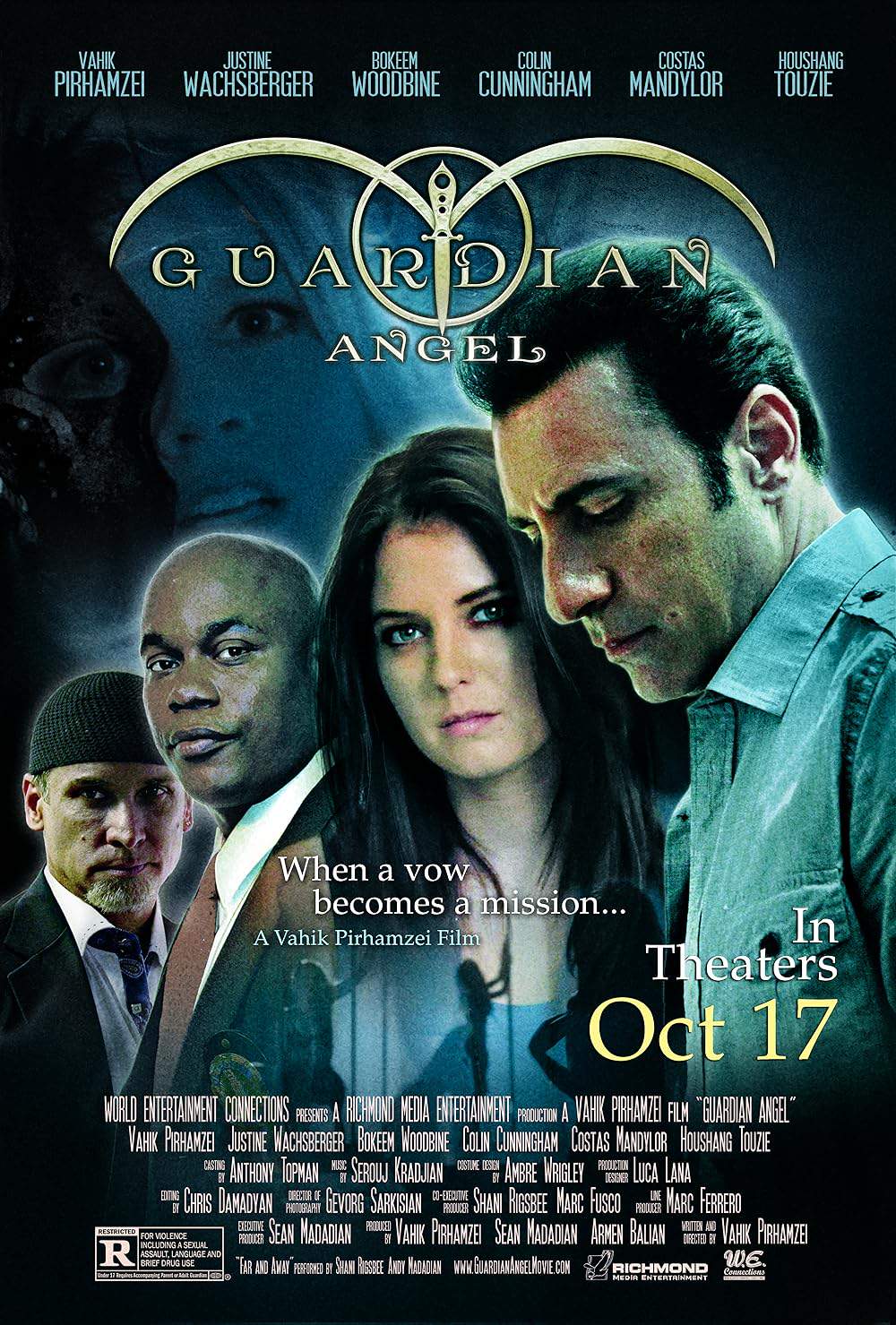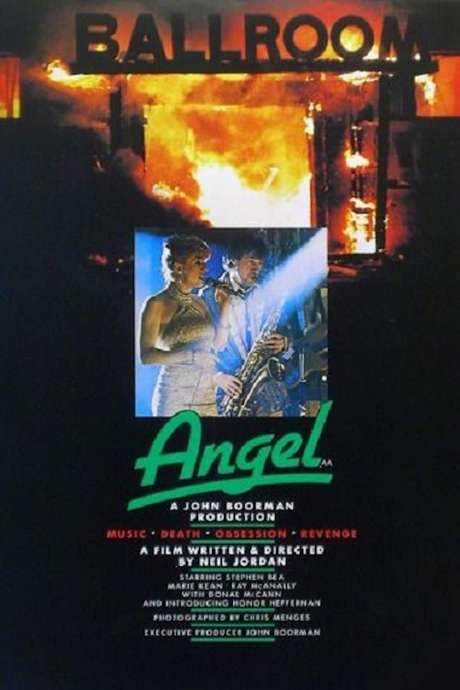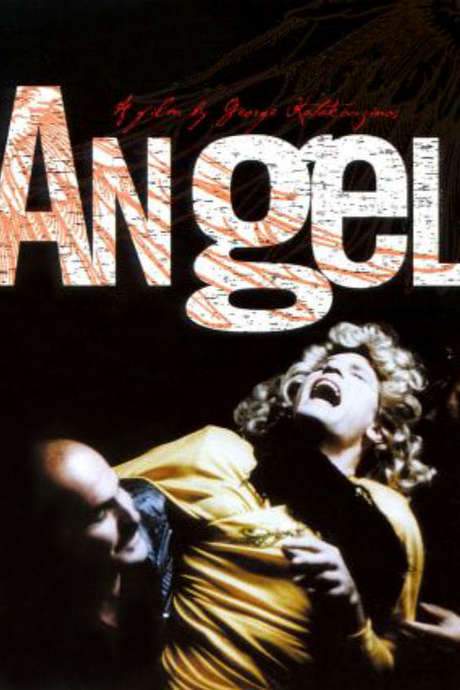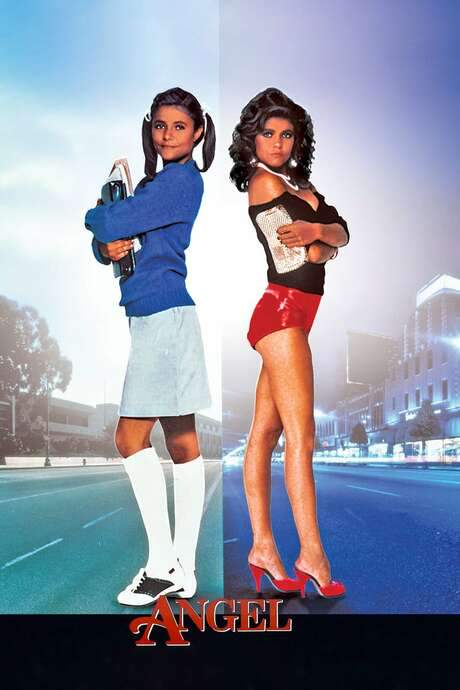The Angel 2018

A disturbed teenager seeks validation and belonging by committing violent acts with a manipulative companion. As he delves deeper into darkness, his actions escalate, blurring the lines between victim and perpetrator and leading him down a dangerous path with devastating consequences. Their twisted relationship explores themes of isolation, abuse, and the search for identity.
Does The Angel have end credit scenes?
No!
The Angel does not have end credit scenes. You can leave when the credits roll.
Meet the Full Cast and Actors of The Angel
Explore the complete cast of The Angel, including both lead and supporting actors. Learn who plays each character, discover their past roles and achievements, and find out what makes this ensemble cast stand out in the world of film and television.
External Links and Streaming Options
Discover where to watch The Angel online, including streaming platforms, rental options, and official sources. Compare reviews, ratings, and in-depth movie information across sites like IMDb, TMDb, Rotten Tomatoes or Metacritic.
Ratings and Reviews for The Angel
See how The Angel is rated across major platforms like IMDb, Metacritic, and TMDb. Compare audience scores and critic reviews to understand where The Angel stands among top-rated movies in its genre.

The Movie Echo Score
Overall, The Angel delivers a solid period crime drama with strong stylistic flair and a commanding lead performance, despite occasional narrative unevenness. The atmospheric portrayal of early 1970s locales and the driving musical backdrop establish a distinct mood, while Lorenzo Ferro's restrained portrayal anchors the film. However, the film's emphasis on procedural detail sometimes undercuts broader thematic depth, and moments of ambiguity may feel underdeveloped. On balance, the film offers a compelling viewing experience that rewards engagement with its tense sequences and period authenticity.
The Movie Echo Score Breakdown for The Angel

Art & Craft
In terms of art and craft, The Angel exhibits a confidently rendered period aesthetic anchored by thoughtful location choices and stylized design. The atmospheric depiction of 1970s urban and desert environments is complemented by measured editing that sustains tension. The vibrant color palette and dynamic framing further reinforce the era’s mood. Overall, the film achieves a cohesive visual identity.

Character & Emotion
Regarding character and emotion, the film benefits from a subtly expressive lead performance that conveys internal conflict with restraint. The protagonist’s complex motivations are suggested through minimalistic exchanges rather than explicit exposition, lending depth to interpersonal moments. However, secondary figures occasionally lack development, which can limit emotional resonance. In sum, the film’s central portrayal offers strong engagement despite some supporting underutilization.

Story & Flow
In terms of story and flow, the narrative delivers a suspenseful progression that gradually intensifies but sometimes sacrifices thematic clarity. The focus on procedural methodology provides a methodical unfolding of events, yet the emphasis on 'how' over 'why' may feel uneven. Pacing choices contribute to engaging set pieces even as overall coherence dips in ambiguous sequences. Ultimately, the plot maintains intrigue but at times feels underexplored.

Sensory Experience
When it comes to sensory experience, the film’s soundtrack and sound design establish an immersive period atmosphere highlighted by classic 1970s rock motifs. The score integrates seamlessly with dynamic editing choices, amplifying tension during key scenes. Visually, the vibrant yet measured color treatments create a distinctive mood. Altogether, the auditory and visual elements combine effectively to enhance the film’s atmospheric impact.

Rewatch Factor
Considering rewatch factor, the film offers appealing stylistic touches and a central mystery that may invite repeat viewings. Its tense sequences and period details reward viewers attuned to subtle design nuances. However, narrative ambiguities and the limited arc of supporting characters could reduce long-term appeal for some audiences. Overall, the film holds moderate replay value for those interested in mood and atmosphere.


73%
TOMATOMETER

70%
User Score

6.7 /10
IMDb Rating

66
%
User Score

3.1
From 5 fan ratings

2.00/5
From 3 fan ratings
Take the Ultimate The Angel Movie Quiz
Challenge your knowledge of The Angel with this fun and interactive movie quiz. Test yourself on key plot points, iconic characters, hidden details, and memorable moments to see how well you really know the film.
The Angel Movie Quiz: Test your knowledge on the intricate plot and characters of 'The Angel' set during the turbulent Six-Day War and Yom Kippur War.
In which year did the Six-Day War take place?
1967
1973
1965
1970
Show hint
Full Plot Summary and Ending Explained for The Angel
Read the complete plot summary of The Angel, including all major events, twists, and the full ending explained in detail. Explore key characters, themes, hidden meanings, and everything you need to understand the story from beginning to end.
During the Six-Day War in 1967, Israel seized substantial territories, including the Sinai Peninsula, which originally belonged to Egypt. This situation sparked a fierce desire among Arabs to reclaim their land, leading to Palestinian groups planning terrorist attacks against Israel.
On September 3, 1973, Ashraf Marwan (Marwan Kenzari) finds himself in a precarious situation at the Rome International Airport, negotiating with Arab terrorists who possess a missile launcher he smuggled into Italy concealed in his suitcase. He insists on leaving at once, posing as an Egyptian diplomat to avoid the attack that the insurgents are planning against a commercial airline bound for Israel.
Flashback to 1970, Ashraf resides in London with his wife, Mona (Maisa Abd Elhadi), the daughter of Egyptian President Gamal Abdel Nasser (Waleed Zuaiter). While raising their son, Ashraf confronts Nasser about the ongoing Israeli conflict. He advocates for a diplomatic approach instead of continued violence, urging Nasser to seek peace, especially with the US as a mediator. However, Nasser rebuffs him, fearing the loss of USSR support, leading to a tense atmosphere within their relationship.
In a twist of fate, after overhearing Nasser’s directive for Mona to divorce him, Ashraf feels trapped and ashamed, compounded by the discovery that Nasser is monitoring his movements through Sami Sharaf (Slimane Dazi). This vigilance creates suspicion that Ashraf is unfaithful, particularly regarding his interactions with actress Diana Ellis (Hannah Ware). In a moment of desperation, Ashraf attempts to reach out to the Israeli Ambassador, Michael Comay, but is denied contact.
Following Nasser’s untimely death due to a heart attack, Ashraf’s family returns to Cairo where Vice President Anwar Sadat (Sasson Gabai) assumes leadership. Sadat, more inclined to embrace the US, distances himself from Nasser’s officials, including Sami. Demonstrating his loyalty, Ashraf gains Sadat’s trust by exposing high-level corruption within the government, gradually establishing himself as a key political figure in Egypt, although at the cost of his familial relationships. He still finds solace in personal moments, like reading The Boy Who Cried Wolf to his son.
Amidst this chaos, Ashraf becomes entangled with Mossad agents, who present him with evidence of his earlier attempts to reveal state secrets. Meeting with his Mossad contact, Alex (Toby Kebbell), Ashraf starts disseminating valuable intelligence, earning the code name “the angel.” Sadat, concerned about his hold on power, pressures Ashraf for solutions, not realizing that Ashraf’s actions don’t necessarily align with his military ambitions.
As tensions escalate, Ashraf becomes a reluctant messenger, warning his Israeli counterparts of imminent attacks that do not materialize, causing Mossad to doubt his reliability. After being kidnapped and assaulted by Mossad, Ashraf negotiates for peace instead of retaliation, convincing them to engage diplomatically with Sadat regarding potential land returns.
Simultaneously, Ashraf builds a rapport with Muammar Gaddafi (Tsahi Halevi), aiming to secure Egypt’s access to Libyan oil. Amidst rising tensions due to Israel’s actions against a Libyan commercial flight, Ashraf counterbalances the need for vengeance with a strategic maneuvering to avoid escalating conflicts.
Ultimately, back at the airport on September 3, 1973, Ashraf sabotages the missile launcher handed to the terrorists, rendering it useless and alerting the Italian authorities, who apprehend the assailants.
Having regained the confidence of Mossad, Ashraf now faces another critical juncture: he alerts Alex and Mossad chief Zvi Zamir (Ori Pfeffer) of an impending Egyptian assault on Yom Kippur. However, his warnings are dismissed yet again. This instance cleverly echoes the tale of The Boy Who Cried Wolf, as Ashraf devises a pretext for a swift yet effective surprise attack on Israel, knowing that true peace necessitates strategic sacrifices.
The ensuing stalemate during the Yom Kippur War eventually leads to landmark peace negotiations, culminating in the historic treaty celebrated by Sadat and Menachem Begin, both recipients of the Nobel Peace Prize. Unfortunately, Ashraf’s marriage deteriorates, as Mona remains oblivious to his actual motives and efforts behind his clandestine trips and social engagements.
Years later, Alex reconnects with Ashraf, presenting him with a copy of Aesop’s Fables and acknowledges the wisdom embedded in the Boy Who Cried Wolf strategy. Ashraf reflects on his experience, asserting that if peace is the outcome, then all sacrifices have been worthwhile.
In a poignant closing note, an epilogue reveals the mysterious circumstances surrounding Ashraf’s death in 2007, when he fell from his London balcony. He is honored as a national hero, uniquely revered by both Israeli and Egyptian citizens alike.
Uncover the Details: Timeline, Characters, Themes, and Beyond!

Coming soon on iOS and Android
The Plot Explained Mobile App
From blockbusters to hidden gems — dive into movie stories anytime, anywhere. Save your favorites, discover plots faster, and never miss a twist again.
Sign up to be the first to know when we launch. Your email stays private — always.
Watch Trailers, Clips & Behind-the-Scenes for The Angel
Watch official trailers, exclusive clips, cast interviews, and behind-the-scenes footage from The Angel. Dive deeper into the making of the film, its standout moments, and key production insights.
Cars Featured in The Angel
Explore all cars featured in The Angel, including their makes, models, scenes they appear in, and their significance to the plot. A must-read for car enthusiasts and movie buffs alike.
The Angel Themes and Keywords
Discover the central themes, ideas, and keywords that define the movie’s story, tone, and message. Analyze the film’s deeper meanings, genre influences, and recurring concepts.
The Angel Other Names and Titles
Explore the various alternative titles, translations, and other names used for The Angel across different regions and languages. Understand how the film is marketed and recognized worldwide.
Similar Movies To The Angel You Should Know About
Browse a curated list of movies similar in genre, tone, characters, or story structure. Discover new titles like the one you're watching, perfect for fans of related plots, vibes, or cinematic styles.
Quick Links: Summary, Cast, Ratings, More

What's After the Movie?
Not sure whether to stay after the credits? Find out!
Explore Our Movie Platform
New Movie Releases (2025)
Famous Movie Actors
Top Film Production Studios
Movie Plot Summaries & Endings
Major Movie Awards & Winners
Best Concert Films & Music Documentaries
Movie Collections and Curated Lists
© 2025 What's After the Movie. All rights reserved.
















